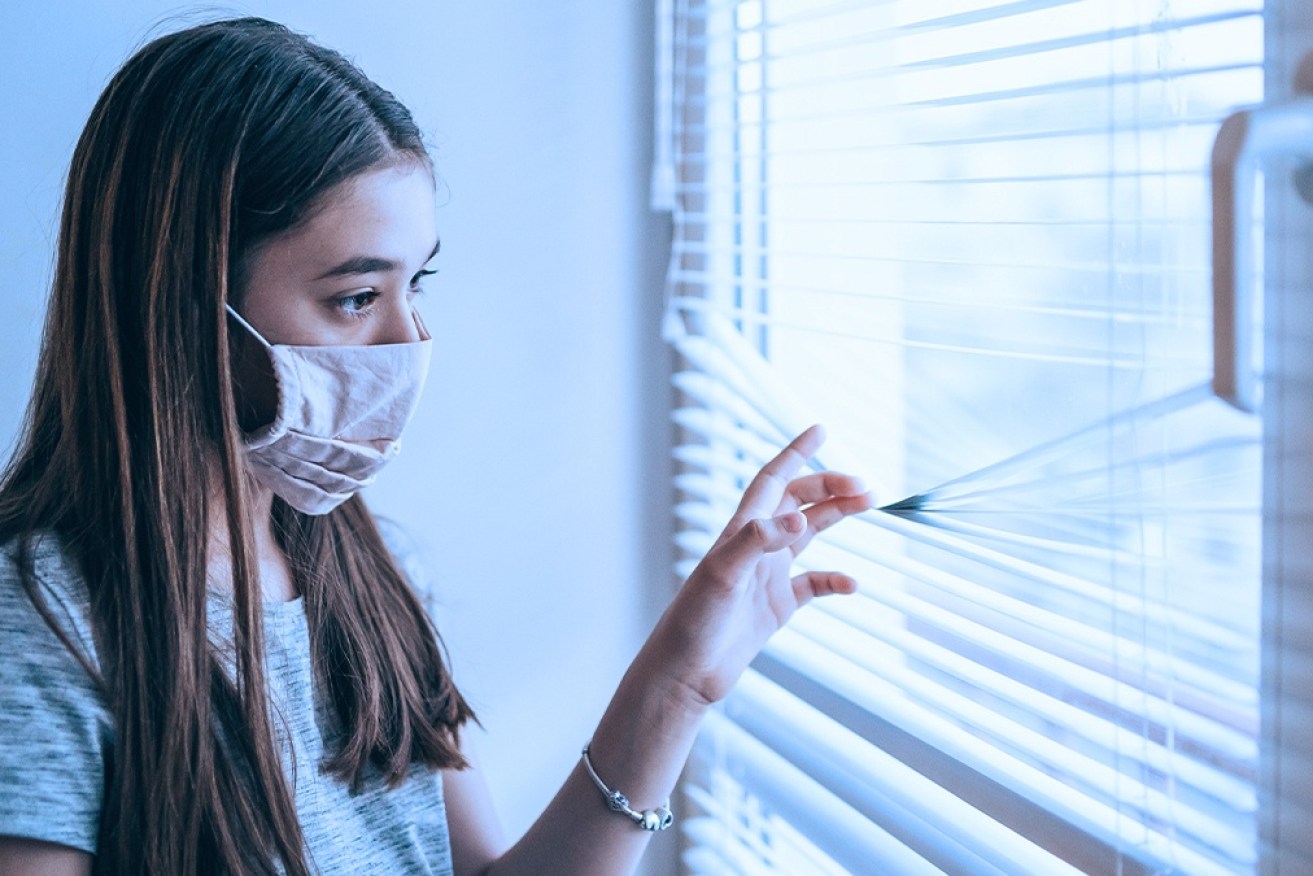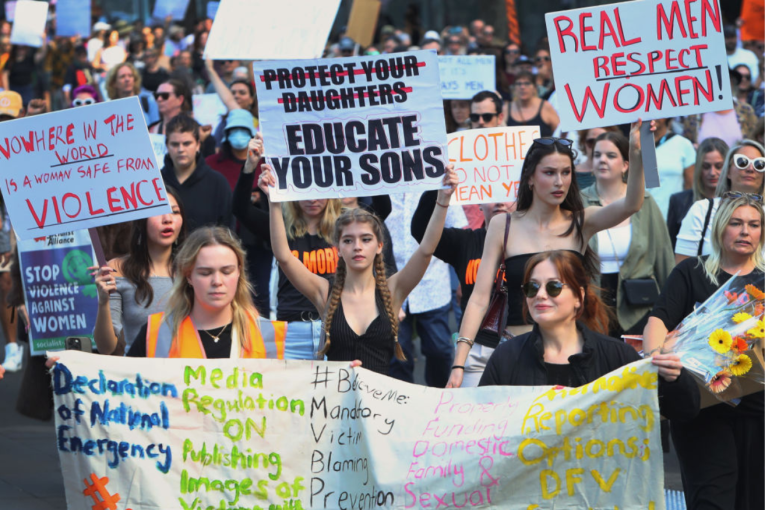Madonna King: Our teens have felt the deepest impacts from three years of COVID-19


The best thing about schooling is socialisation. Take that away, and what do you have? asks Madonna King.
Think of something silly you did as a 16-year-old. Perhaps it was getting drunk at a birthday party, or jumping from a branch into a fast-moving creek on the way home from school.
For me and my friends in our tiny country town, we’d steal the mailbox of a favourite – and good-natured teacher – and present it to them on Monday morning.
We learnt judgment and risk as part of the teenage years made for adventure. We learn to calculate risk – ie, not getting caught – and made the judgment on which teachers would smirk. We left alone those who might alert the local police.
Stolen milestones
COVID-19 has stolen many of those teen adventures that helped us grow up. Graduation parties. First relationships. University on campus. Year 12 milestones – from a trip to the Snowy Mountains to Schoolies’ Week on the Gold Coast.
And the impact is much bigger than you might think.
Universities are seeing some freshers act more like 15-year-olds, as they try to navigate studies without the scaffolding of school and a social life – with alcohol, drugs and consent – that is just now beginning (in a limited fashion) on campus.
Stymied social lives, isolation from friends and families, a muted sense of belonging and purpose, upended school exams, remote learning, along with the loss of part-time jobs and key milestones has left a long COVID-19 legacy for this cohort of students – high school teenagers – who were the most affected, according to social researcher Mark McCrindle.

Lack of socialisation has had a deep impact on teenagers during COVID. Photo: Getty
“This is the generation that has been most impaired through COVID,’’ he says. While the focus was on older generations which might have been more vulnerable from a health perspective, this generation of teens were impacted in every other way.
“That hasn’t got the headlines but in Australia, where actually the biggest impact has been economic and social use, this is the generation that has really felt the pain of that,’’ Mr McCrindle says.
I’ve just finished researching a book on teen girls, called L Platers, and it involves the wise counsel of 1000 of them – along with school principals, teachers, school counsellors, teen psychologists and parenting experts. And while some issues – like social media – present a bigger challenge for those identifying as girls, perhaps COVID-19 has left its ugly mark across classes.
The biggest challenge
When asked to nominate their biggest challenge, 700 out of 1000 nominated mental health issues that ranged from panic attacks, anxiety, depression, self-harm, eating disorders and suicidal thoughts.
The list goes on, and every one of those issues is on the rise. Kids Helpline told me that an increase in calls tracked directly to lockdowns.
COVID has caused a lot of strain on my Dad. He lost his job. Normally he is an angry person, but during the pandemic he got angrier and meaner.
COVID has made me lonely. I’m not big on social media. I felt so isolated.
Do they understand year 12 has changed? It’s changed. And we are struggling with that. We’re trying to accept it, but give us a bit of support.
The best thing about schooling is socialisation. Take that away, and what do you have?
I’m more careful of the people I associate with. I’m not meeting any new people. If something happens it’s a much bigger deal.
Changing the course of lives
Five responses out of hundreds, and perhaps its impact – certainly on schooling – was greatest in Melbourne where too many teens told me that after 250 days of remote schooling they’d made the decision not to pursue university study, at least for a few years.
But school principals in other states saw similar levels of problems, particularly around confidence, and believe it is the uncertainty around events, that continues to haunt this group of teens.
What my research found it wasn’t just in Melbourne, and it wasn’t just lockdowns. It was the uncertainty around their lives.
Dr Nicole Archard, principal of Loreto College Marryatville in Adelaide, says the latter period of adolescence brought together a stack of pressures as students considered the next phase of their lives.
“I certainly think the pandemic has had an impact on all children’s mental health,’’ Dr Archard says.
She says she asked herself why she was seeing high levels of anxiety and stress in students in her state, with limited lockdowns. And she found the answer: Regardless of where we live, many of the impacts had been the same.
Melbourne Girls Grammar School principal Dr Toni Meath says she noticed even young children talking about the daily tallies.
“Then on top of that, we’ve got the whole climate change debate and then on top of that, we had the consent and sexual assault issues (brought up) by female warriors like Brittany Higgins and Grace Tame. These all fed into a kind of a hotbed of pressures for these girls.’’
Of course there were silver linings: More independent learning, schools that have now overhauled old-style timetables, and an increase in the student voice.
But that doesn’t mute the deep impact of the past three years on our teens. And we’d be foolish – as parents, educators or policy makers – not to address that, now.
Madonna King’s new book L Platers; How to support your teen daughter on the road to adulthood is out now








